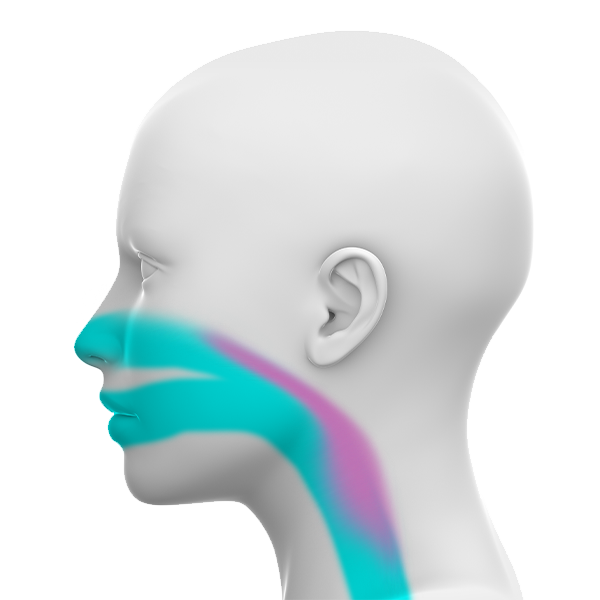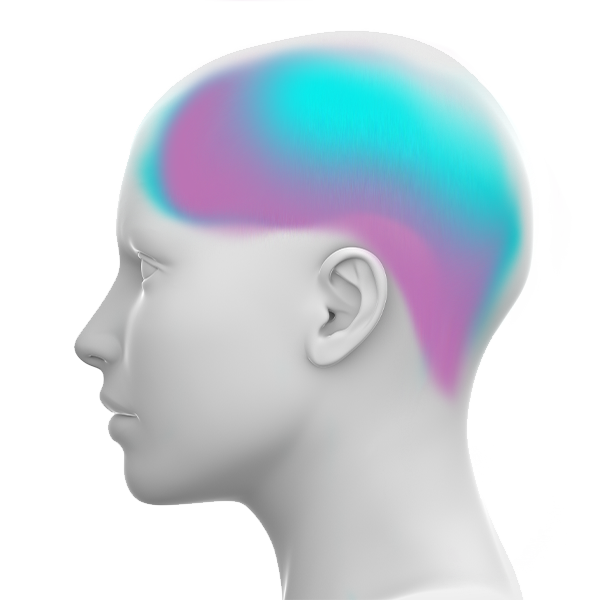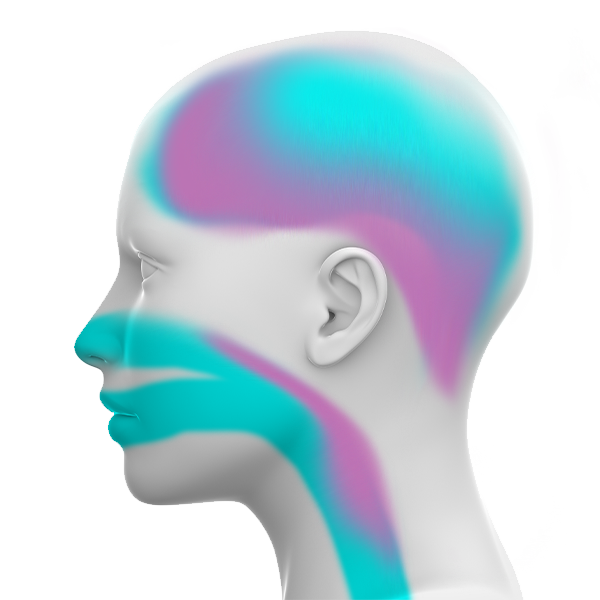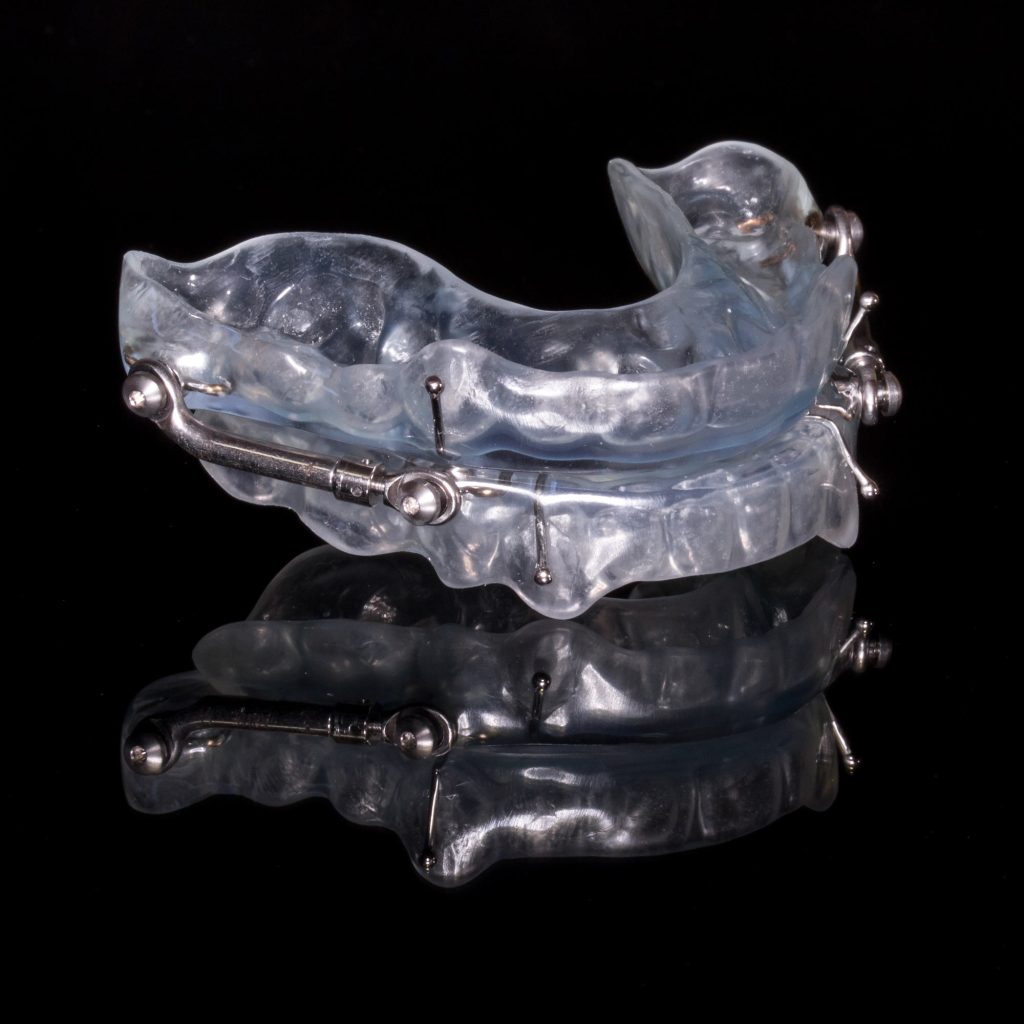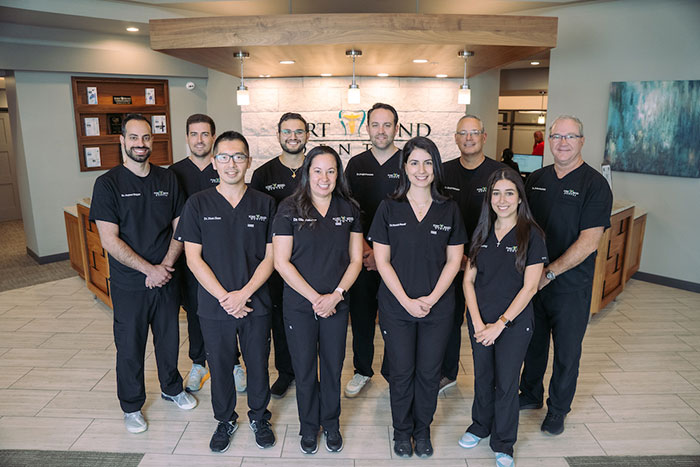
Sleep Apnea
Are you struggling to get enough sleep? Does your partner complain about your constant snoring?
Sleep apnea disrupts your breathing leaving you tired the following day, and it can even lead to more serious health issues.
At Fort Bend Dental, we can treat sleep apnea with a custom oral appliance so you can finally sleep.

